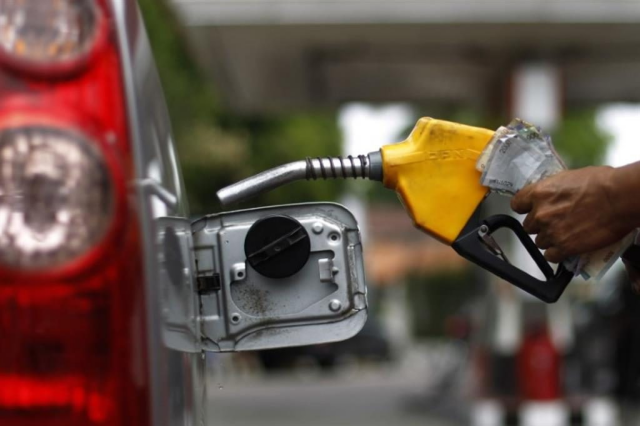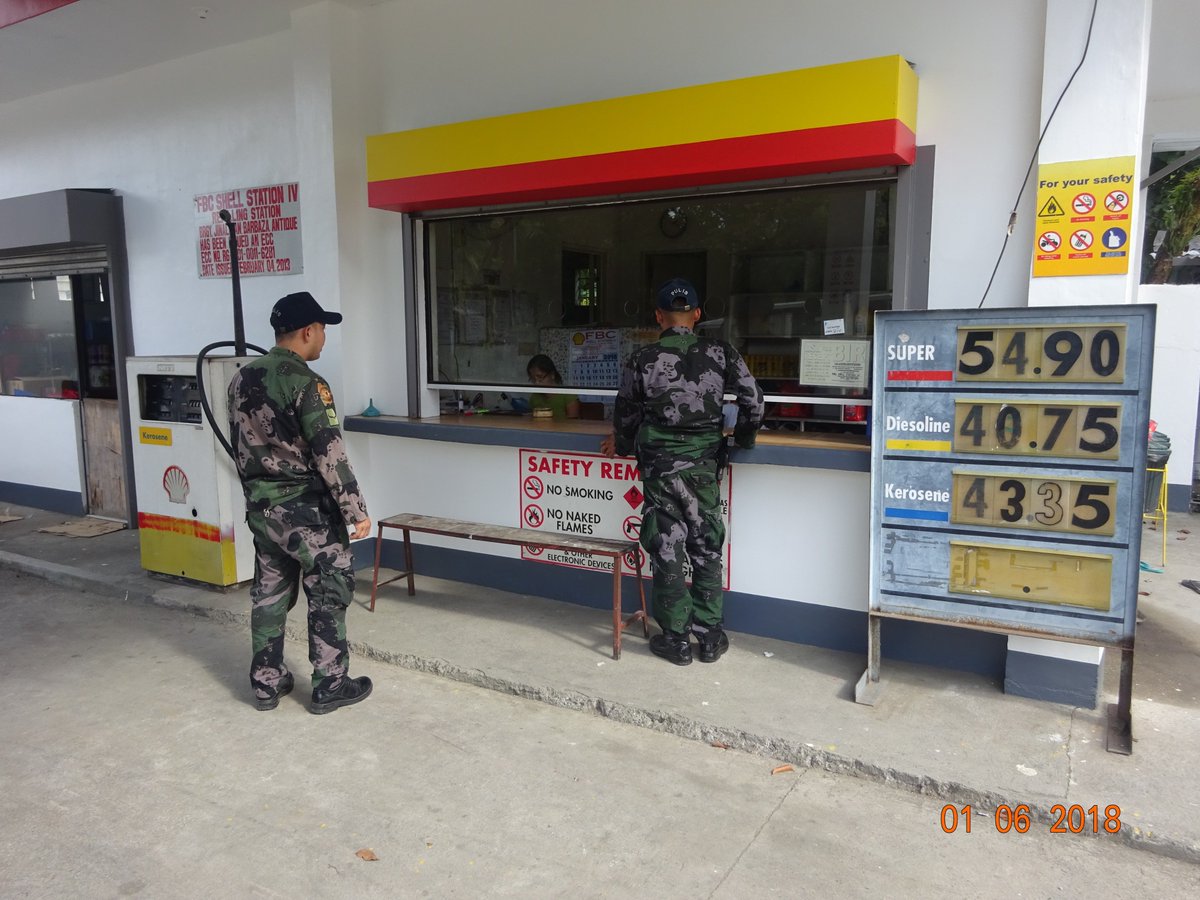
A lot of money goes into every business. You have to shell out big bucks to make the products you sell and spend some more to pay your employees. For delivery service providers, however, there’s another thing that eats up a significant portion of their money: fuel. Oil production is a lucrative business, so profitable that it’s what keeps most of the world’s powerful nations standing. If a business generates that much profit, it means only one thing: the product comes with a hefty price tag too. In the United States, it is sold for $375 per ton. Everybody that uses oil either for cooking or to keep their wheels rolling can feel the increasing price of the commodity, but perhaps, none of us ordinary consumers feel it more than companies that rely on it to keep their business going. Delivery service providers, for example, cannot continue their operations without oil, as they have to fuel their trucks every day to do deliveries. These companies understand that a big part of their money has to go to fuel. What’s the problem now, though, is the fact that nowadays, they not only have to deal with skyrocketing oil prices—they also have to deal with fuel thieves. For many of them, reducing fleet fuel theft is a priority.
The Truth about Fleet Fuel Theft
Thieves will do whatever it takes to get a few more bucks. With oil being one of the most needed and expensive commodities, accounting for $1.7 trillion of the world’s market sales demand, it is no surprise that fuel theft is on the rise. In fact, latest reports have it that $133 billion worth of fuel is stolen every year.
Over the years, ways of stealing fuel have changed or even “evolved.” Now some steal it straight from the pipelines through tapping illegally and pumping the substance onto barges and boats. But what most fleet owners deal on a daily basis is blatant draining from the vehicular fleet itself and unauthorized siphoning of crude and gasoline straight from the tank. The worst thing about this is, most of the time, it’s the employees themselves that execute the crime, raising security concerns inside the company.
Fortunately, incidents of fleet fuel theft can be minimized, if not totally eradicated. If you are a fleet owner currently seeking solution to the alarmingly growing number of cases of fleet fuel theft, below is a list of a few measures you should take as a way of reducing fleet fuel theft.
How Companies Are Reducing Fleet Fuel Theft
Avoid getting your fuel stolen with these tips for reducing fleet fuel theft.
Scroll down for the videos

1. Develop detailed fuel consumption policies
If you found out your employees have been taking gallons of fuel home and confronted them about it, best bet is, they claimed they didn’t know it wasn’t allowed. And now it would look like you were the one to blame. This is why it pays to set things straight from the start. Come up with tight fuel consumption policies and discuss them with your workers or else track your employees legally. Make sure they understand that any form of fuel usage should be for business purposes only.
2. Install anti-siphoning sensors and devices
Fleet yards are a common target for fuel thieves. They’re open and wider in space, making stealing easier. Yes, you can install fences, but you can’t be sure that this will be enough. So as a way of reducing fleet fuel theft, equip the whole facility with anti-siphoning sensors and devices. With these, alarms go off the second someone tries to drain fuel from the tank.
3. Use surveillance cameras and enhance facility lighting
You can also tighten security by utilizing CCTV camera, improving the lighting in the whole facility, and placing sensors where you keep your fleet. Make sure that your security system is working 24/7 to deter thefts from stealing fuel in your yard. Strategically position your fleet where there are no grey areas and you can see your entire business on a screen. This will help you notice any unauthorized movement of the vehicles or suspicious personnel faster.
4. Hire security personnel

Reducing fleet fuel theft, even when there are security lenses in place, is still impossible without security guards to monitor the entire area. The number of security guards you hire should depend on the size of your shop. If you have to park a lot of vehicles in one place, hire a number of them so you have more pairs of eyes to look after the area.
5. Incorporate an inexpensive yet effective fleet management system
In between activities and deliveries, your fleet is vulnerable to theft. But if you can track your fleet all at once in real time, you will know where and how each of the vehicle is used. You will know why some deliveries are taking longer than usual, what route the driver chose to take, who among them are taking unapproved detours, and the truth behind suspicious idle hours.
One of the best fleet management system providers on the market today is Trackimo®, a world giant in fleet GPS monitoring. The devices Trackimo® offers are made of advanced and durable materials but are sold for a very reasonable price. By attaching GPS fleet monitoring devices on each vehicle, your fleet drivers will act responsibly, knowing that their whereabouts are being monitored. This method also helps you eliminate the possibility of employees stealing assets. Therefore, reducing fleet fuel theft can be achieved through Trackimo’s fleet management solution.
Fuel theft is a threat to any business. Running out of fuel and halting operations just because someone had stolen your fuel is something that should be avoided, especially for delivery service providers that have schedules to follow. This will not only cause revenue slippage, it will also damage your reputation. So it pays to find ways to prevent this from happening. Hopefully, this list has helped you come up with a good strategy to protect your business from fuel thieves.
Watch the videos below